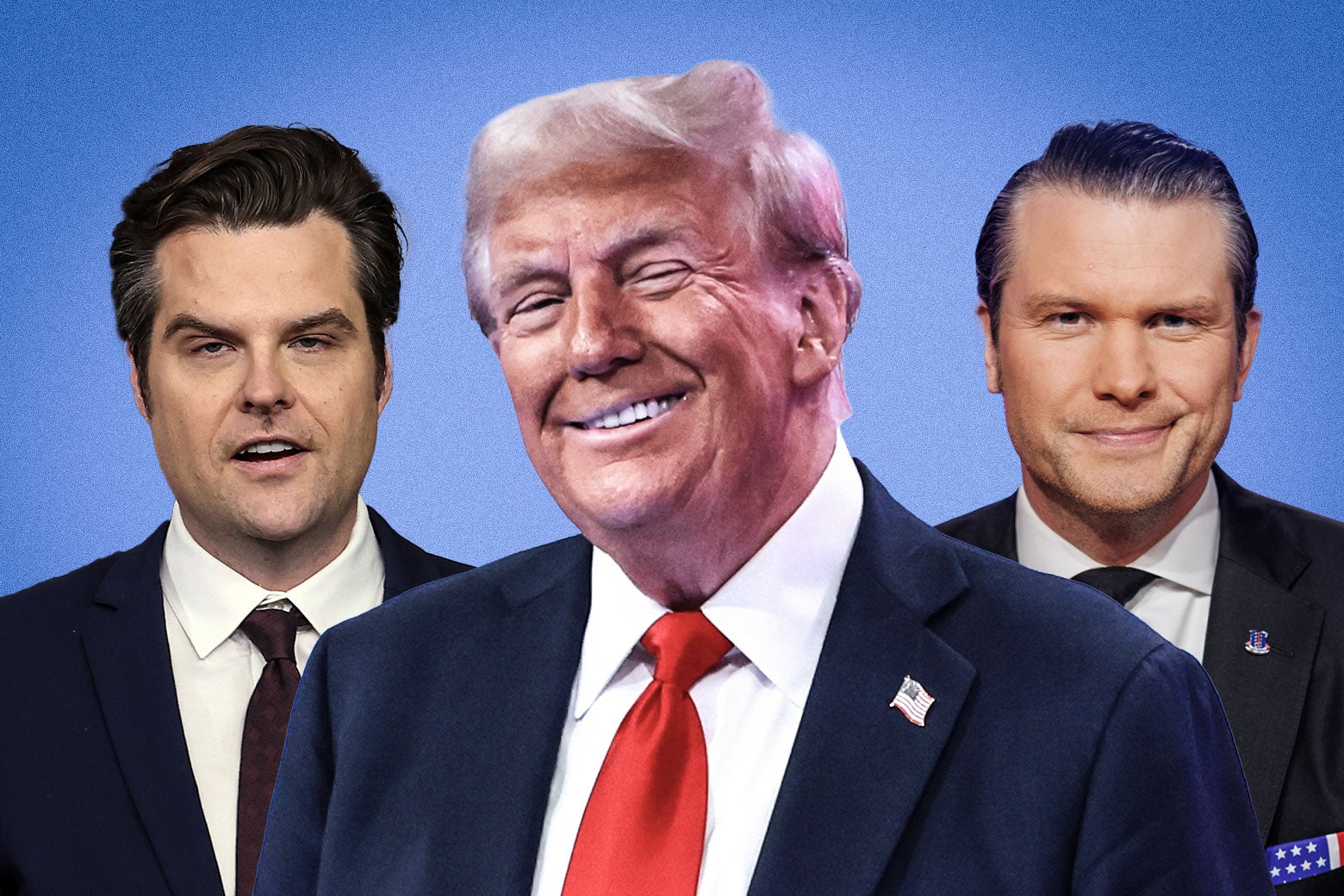Entertainment
Trump’s Cabinet Selections Reveal Disturbing Reality

Trump’s Cabinet Choices: A Look at the Accusations of Sexual Misconduct
With Donald Trump set to begin his second term, there is growing concern over the number of his Cabinet choices who have faced credible allegations of sexual misconduct. The #MeToo movement sparked crucial conversations about accountability and the treatment of women, yet recent developments suggest that it has also enabled some men, particularly within conservative circles, to act without consequence.
At the forefront of this issue is the president-elect himself, who has not only been accused by multiple women but was also found liable in court for sexual abuse. He is not alone; several of his Cabinet picks have scandals in their pasts. For instance, Matt Gaetz, the proposed attorney general, has been investigated for serious allegations related to sex trafficking and drug use. His nomination came just as reports of his alleged misconduct were about to be released.
Another controversial figure is Pete Hegseth, nominated for the role of secretary of defense. He faced claims from a woman who accused him of rape, yet he maintains that their interaction was consensual and that the payout she received was merely a protective measure for his career. Then there’s Elon Musk, in line for a position overseeing the new Department of Government Efficiency, who was sued for fostering a sexually hostile work environment, with allegations that women were objectified within his companies.
Robert F. Kennedy Jr. has also stirred controversy, facing accusations of inappropriate behavior toward a babysitter, amidst a troubling history of substance abuse and other misconduct. Female nominees are not exempt, either; Linda McMahon, recently nominated for secretary of education, faces lawsuits alleging her complicity in abuse suffered by WWE employees.
The overarching theme here communicates a stark message about the power dynamics at play in Trump’s administration. This Cabinet seems to symbolize a shift in conservative attitudes toward sexual misconduct; rather than serving as a deterrent, many are viewing these allegations as insignificant.
The implications stretch back to the first election cycle for Trump, which, following the infamous Access Hollywood tape, ignited movements like the Women’s March and #MeToo. While some men were notably held accountable, others, like Brett Kavanaugh, overcame serious allegations to achieve positions of power, underscoring a troubling trend of impunity.
The resurgence of right-wing sentiments appears to resonate with an adverse interpretation of #MeToo, framing accusations as badges of honor rather than disqualifications. This spirit of denial extends to how conservative rhetoric has co-opted feminist phrases like “My Body, My Choice,” twisting them into a mocking dismissal of women’s rights.
As Trump prepares to take office with a history of divisive policies, his administration will likely be characterized not just by its personnel choices, but by the broader implications these choices have for the ongoing fight for women’s rights and societal accountability.
In this new chapter, sexual abuse allegations seem to hold less weight than ever for certain factions, presenting a significant challenge to the progress made in advocating for women’s autonomy and justice.
